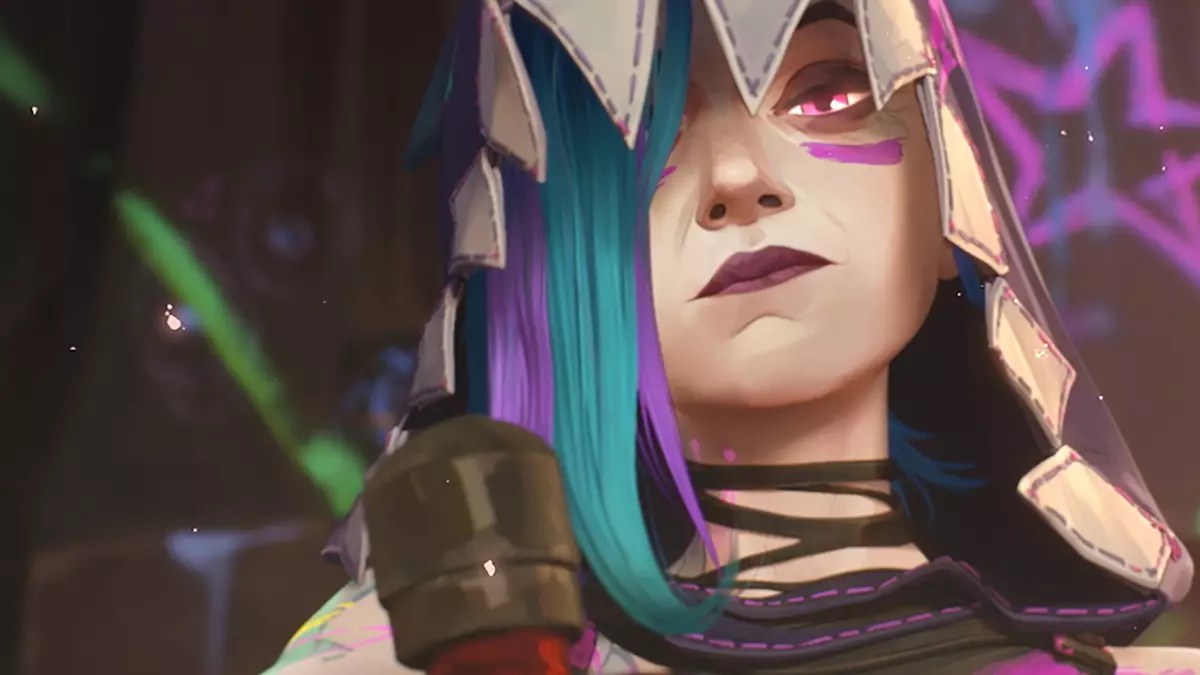Arcane, the animated series based on the widely adored League of Legends universe, has made a significant mark on the entertainment landscape since its debut on Netflix. With its stunning visuals, captivating storytelling, and deep character development, it created a frenzy among both gamers and non-gamers alike. The anticipation surrounding the show peaked again with the recent release of its second and final season, propelling discussions about future possibilities and series longevity. However, it was the folklore of the show initially being conceived for five seasons that generated a wave of speculation, leading many to believe Arcane might not only extend its narrative but also deepen its lore.
The rumors emerged primarily from a report by Variety, claiming Arcane was originally budgeted for a five-season arc. Such assertions, likely sensationalized, tugged at the audience’s imagination about what the series could become. Nonetheless, the creators, Christian Linke and Alex Yee, quickly dispelled these notions when they clarified to TechRadar that this idea stemmed from a light-hearted jest made by former Riot Games CEO Nicolo Laurent. According to Linke, the initial inspiration for the series revolved specifically around telling a coherent story with a definitive two-season format. “When we started building out the story after the pilot, that’s when we realized it was going to be two seasons,” he elaborated, affirming that the show’s structure was solidified well before the murmurings of an extended arc began to circulate.
This misinterpretation highlights a critical aspect of how media narratives can sometimes diverge drastically from their actual intentions. Linke’s anecdote regarding Laurent’s humorous “green light for five seasons” quip symbolizes how a playful remark can swiftly spiral out of context, influencing public perception in unexpected ways.
A deeper exploration of Arcane reveals a sobering reality—its production costs soared to an astounding $250 million. This figure raises questions about the financial risk versus artistic reward in today’s multimedia landscape. Given the significant investment, Riot was not just taking a gamble; they aimed to create something that resonated with viewers on a profound level. Marc Merrill, Riot’s chief product officer, voiced a strong commitment to delivering quality, stating that they were “more than comfortable with the spend it took to deliver a show that was worthy of our players’ time.”
This emphasis on investing in high-quality animation and articulate storytelling demonstrates a growing trend within the industry, where the narrative is prioritized alongside spectacular visuals. The success of Arcane might pave the way for similar ventures, wherein animated series are treated with the same regard as live-action productions, further enriching the cinematic landscape.
The Potential for Future Seasons
Though Arcane’s creators maintain that the existing story arc was capped at two seasons, they hinted at expansive potential for additional narratives. Linke alluded to the idea that there exist pathways for future stories, igniting speculation about possible spin-offs or continuations. The developers had prepared to grow beyond their initial vision, keeping fans hopeful for potential expansions into the lore surrounding their beloved characters and the rich League of Legends universe.
While the creators set the stage for two seasons, it’s crucial to balance the anticipation for more content with the reality of the production’s logistical and emotional demands. The storytelling process is multifaceted and often extends beyond mere viewer gratification; it encompasses the creators’ desire to maintain narrative integrity and avoid overextending the reach of a story that resonates deeply with its audience.
The unfolding saga of Arcane is more than just a captivating animated series; it’s an exploration of creative vision, audience expectations, and the complexities of modern storytelling. As the final episodes of its current season approach, fans are left with a blend of satisfaction and curiosity about the future. Whether the show remains a two-season tale or evolves into something greater, its impact on animated series and gaming adaptations is undeniable. The conversation around Arcane reflects broader industry trends towards quality production and narrative depth, heralding a new era for animated storytelling.


Leave a Reply